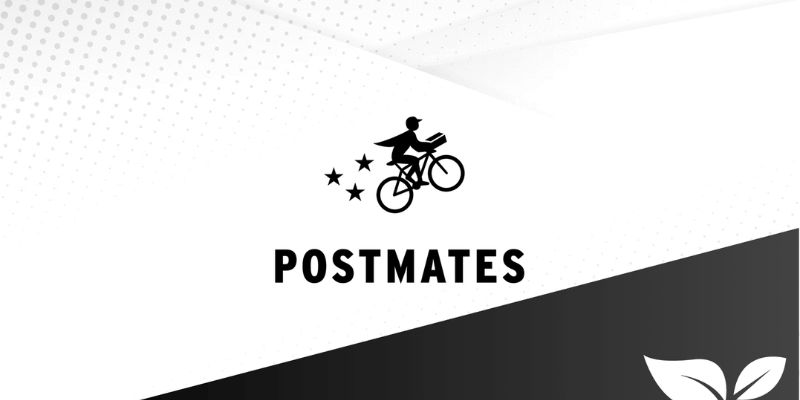Life insurance is a critical financial safety net, providing peace of mind that your loved ones will be taken care of in the event of your untimely demise. However, like any other financial industry, it is not immune to fraudulent activities. Unscrupulous individuals and organizations are ever ready to exploit vulnerabilities for their gain. The top five life insurance fraud schemes range from policy churning to identity theft, all cleverly disguised and designed to deceive policyholders and claimants alike. This article aims to arm you with the knowledge to identify and avoid these fraudulent practices, ensuring your financial security remains uncompromised. Be aware, stay informed, and protect what matters.
Defining Life Insurance Fraud

Life insurance fraud is an illegal and intentional act intended to deceive or defraud an insurance company, policyholders, or beneficiaries for financial gain. It can be perpetrated by individuals, businesses, or organized crime rings looking to exploit vulnerabilities in the life insurance industry. The National Association of Insurance Commissioners (NAIC) estimates that insurance fraud accounts for up to $80 billion in losses annually, and life insurance fraud contributes significantly to this figure.
The Top 5 Life Insurance Fraud Schemes
While there are various types of fraudulent activities in the life insurance industry, some schemes are more prevalent than others. Here are the top seven life insurance fraud schemes you should be aware of:
1. Policy Churning
Policy churning, also known as twisting, involves an insurance agent persuading a policyholder to cancel their current policy and purchase a new one, primarily to earn additional commissions. This practice often results in the policyholder paying higher premiums with no substantial benefits. Furthermore, it may also lead to a new contestability period, leaving the policyholder vulnerable to claim denial.
To avoid falling victim to policy churning, policyholders should do their due diligence before making significant changes to their life insurance policies. Be wary of agents who aggressively push for policy changes that seem to primarily benefit them. Consult with unbiased third parties and seek a second opinion if you're considering changing your policy. Always remember, a legitimate insurance agent would prioritize your financial needs and security over their personal gain.
2. Stranger-Originated Life Insurance (STOLI)
Stranger-Originated Life Insurance (STOLI) is a fraud scheme where an individual takes out a life insurance policy, not for protection, but with the intent of selling it to an unrelated third party. The third party, or the "investor", pays the premiums in the hope of receiving the death benefit when the insured passes away. This practice is highly unethical and illegal in many jurisdictions as it essentially treats life insurance as a gamble on human life.
You can protect yourself from STOLI schemes by being aware and vigilant. Do not enter into any life insurance policies where the intended beneficiary is an unknown third party. Be cautious of anyone offering you free life insurance or financial incentives for your participation in a life insurance policy. Always thoroughly read and understand all the terms and conditions before signing any insurance documents. Additionally, consult with a trusted financial advisor or insurance professional before making any decisions related to your life insurance. They can guide you in understanding the implications and ensuring that your life insurance serves its primary purpose - to protect your loved ones financially in the event of your passing.
3. Premium Diversion
Premium diversion is one of the most common forms of life insurance fraud. In this scheme, an insurance agent or broker diverts the policy premiums paid by the policyholder for their personal use, instead of forwarding them to the insurance company. The policyholder is led to believe that they have an active policy, while in reality, their policy might have been canceled due to non-payment of premiums.
To safeguard yourself from such fraud, always make your premium payments directly to the insurance company rather than through an agent. If you must pay through an agent, ensure that you receive a receipt from the insurance company acknowledging the payment. Most insurance companies have online portals where policyholders can directly pay and track their premium payments. Regularly check your policy status to ensure it's active and the premiums are paid up-to-date. Also, be cautious of agents offering exceptionally low premiums compared to other providers. If it seems too good to be true, it probably is. Always verify the credentials of the insurance agent and the company before buying a policy.
4. Fake Policies

Fake policies are another common life insurance fraud scheme, where agents or brokers issue fake policies to unsuspecting individuals and collect premiums without ever intending to provide any coverage. In some cases, the policy documents may even be forged or altered to appear legitimate.
To avoid becoming a victim of fake policies, always buy your life insurance from reputable and well-established insurance companies. Check the authenticity of the policy documents and ensure that they are registered with the appropriate regulatory bodies. Most importantly, never pay cash for a life insurance policy; always make payments through check or credit card to have a paper trail and proof of purchase.
5. Identity Theft
Identity theft is when an individual uses another person's identity or personal information to obtain a life insurance policy. The fraudster could be someone who knows the person or even a complete stranger. They use the stolen identity to apply for a policy with false information, such as age, occupation, or health condition, to receive a lower premium or increase their chances of approval.
To protect yourself from identity theft in relation to life insurance, keep your personal information confidential and secure. Shred any documents containing sensitive information before disposing of them. Regularly check your credit report for any unauthorized activities. If you receive any unexpected life insurance correspondence, contact the insurance company immediately to verify its legitimacy.
Conclusion
Life insurance fraud is a serious issue that not only affects the victims financially but also undermines the integrity of the insurance industry. It's essential to be aware and vigilant to protect yourself from falling prey to these fraudulent schemes. Always do your due diligence before making any changes or purchases related to your life insurance, and consult with trusted professionals for guidance. Remember, your life insurance should serve its primary purpose of providing financial security to your loved ones and not be a means for fraudsters to exploit. So, stay informed, stay safe, and make wise decisions when it comes to your life insurance.




